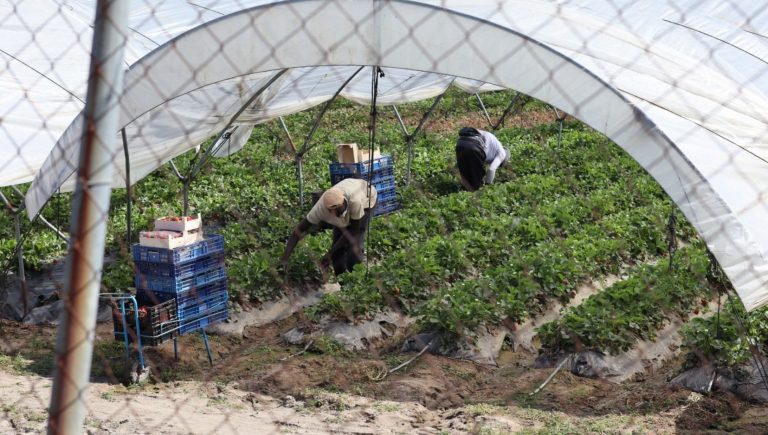By Brandon Jordan for Waging Nonviolence - The sign outside the protest encampment on Midsummer Island in British Columbia, Canada, is a blunt summation of what its inhabitants — indigenous people from various First Nations tribes — have been trying to accomplish for the past two months: “Get Fish Farms Out.” Yet, due to a Supreme Court ruling issued last week, it is not the fish farms that must leave the island, but rather the demonstrators and their camp, which consists of two small houses with beds, solar panels and a replenishing supply of food. The court made its decision after receiving an injunction, or demand for removal request, by Marine Harvest, the Norwegian seafood company that operates the facility. Demonstrators were given three days to dismantle the camp and 30 days to leave the island — or risk arrest. As the decision was being handed down, more demonstrators gathered outside the court in Vancouver to tell reporters and supporters that they are still committed to their demand of removing fish farms on indigenous territory. “That doesn’t mean the occupation is over,” said Ernest Alfred, hereditary chief of a few First Nations tribes in British Columbia. “We just have to strategize and come up with a plan of relocation.” The plan that unfolded saw a handful of First Nations people remove and transport all their Midsummer Island supplies, including the homes, to another encampment at nearby Swanson Island, which is also the site of another Marine Harvest facility.















